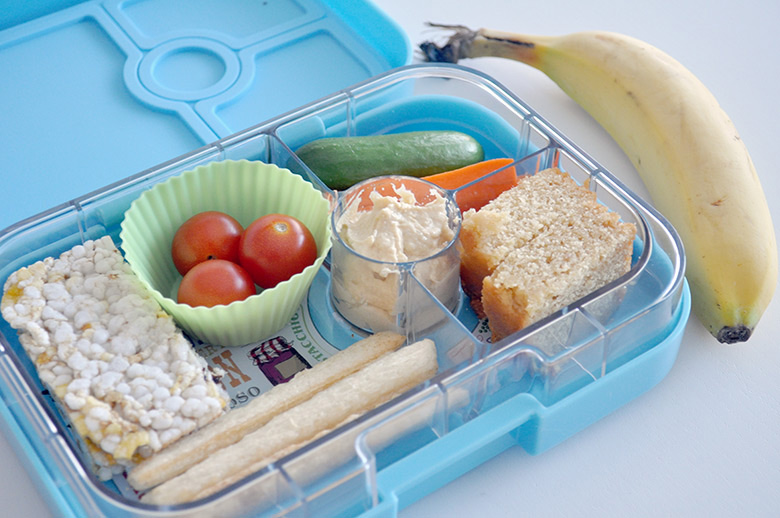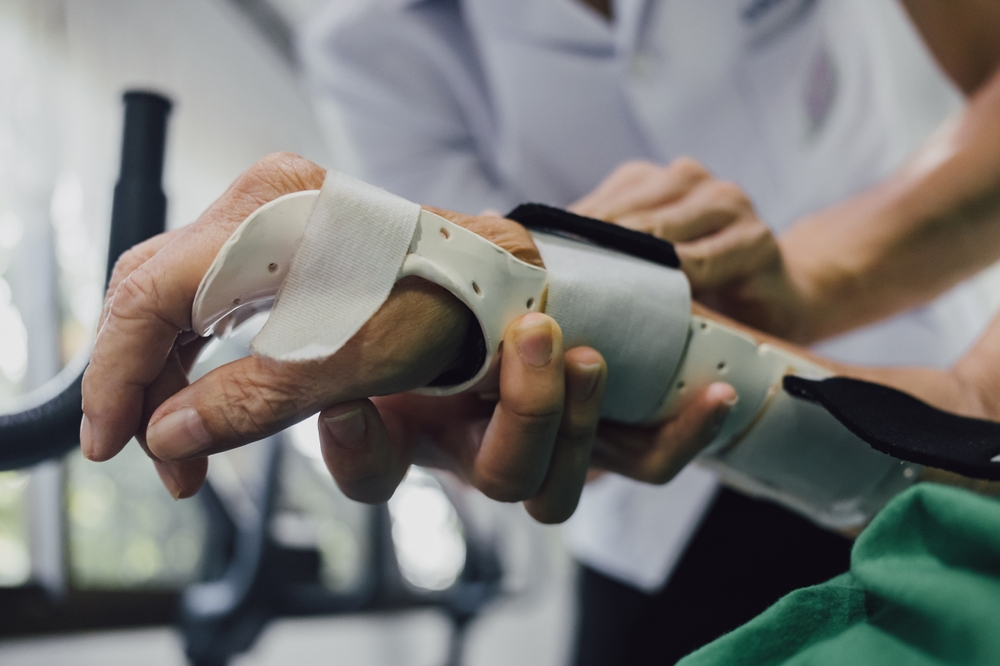Make an Appointment
Parents can never overcome their enigmatic lives because of their kids. School days or not, they hardly get a sigh of relief. For instance, during holidays, they have to stay on their toes, ensuring that kids are safe and sound with their activities. But as kids head back to school, parents then start worrying about their school life. While playground bullying and poor performance of kids could be a few reasons to worry, it’s their lunchtime habits that make it to the top of parental epiphanies. Ensuring healthy eating habits of their kids is what most parents want nowadays, but unfortunately, most of them end up feeding junk. Why? it’s because of the kids who like to chomp onto burgers, fries, and pizzas. After all, they taste better than those bland salads and grilled chicken. When parents pack healthy lunchboxes, they are usually left untouched. But the reality is, you don’t have to pack them low-salt, grilled chicken with salads. Healthy eating isn’t just about that.
What the latest report findings are saying
According to the 2009-2010 Report on Child Health from the New South Wales Population Health Survey (NSW Health) provided a snapshot of the health and well-being of children aged 0-15 years. Information was collected from the parents and carers of more than 4,000 children.
The report made some important findings of the health of children and their eating habits.
- Almost three-quarters of children aged 2-15 years ate the recommended daily fruit intake.
- Almost half of the children aged 2-15 years ate the recommended daily amount of vegetables.
- Most children usually drank full cream milk, which can be high in fat. Reduced fat milk is recommended for children aged two years and above.
- The majority of children ate ‘extra foods’ – such as fried potato products, potato crisps or salty snacks, confectionary and cakes/biscuits – at least once per week.
- Few families ate together at the table every day and about a fifth of children ate in front of the television every day.
- Most children aged 0-23 months had been breastfed at some time, but few were exclusively breastfed for six months as recommended. However, there have been significant increases in exclusive breastfeeding till 6 months from previous surveys.
- Some other large surveys provide additional information about the dietary patterns of young people in NSW. Adolescent students in Years 6, 8 and 10 were surveyed on their food habits in 2010 as part of the NSW Schools Physical Activity and Nutrition Survey (SPANS). The results showed that the food habits of many students fell short of the recommendations for healthy eating.
- Many students consumed too many ‘extra foods’.
- Around a third ate confectionary at least three times a week.
- About 30% of boys and girls reported soft drinks were usually available at home, with more than half of all students having at least two cups a week.
- Over 60% of boys and girls reported eating hot chips or similar products at least once per week.
- Over a third indicated that they ate potato crisps or other salty snacks at least three times per week.
- A substantial number of young people reported poor dietary patterns.
- About one-quarter of boys and one-third of girls did not eat breakfast every day.
- About one-quarter of boys and girls ate dinner in front of the TV most nights.
- The frequency of eating breakfast also decreased with age.

Homemade food is always going to be healthier and better
What’s left only after school lunch is the homemade food, but if you find yourself troubled preparing and packing a lunch for your child, remember that there are a lot of different ways to turn those leftovers in your fridge into a quality lunch; you just need to know how to do it. Just by adding an ingredient or two, you could revamp the bad reputation of leftovers.
Tweaking an old favourite
Prepared out of peanut butter and jelly sandwich offers nothing more than a few hundreds of empty calories. However, if you could just make a few changes to the ingredients of the sandwich, a lot could change in terms of nutrition. For instance, you could use whole grain bread, low-fat/trans-fat-free peanut butter and even a few slices of apples to add some more nutritional value.
Other Back To School Health Tips
- Soft drinks are kids’ favourite appendage with their lunch, but they are just as bad as munching burgers or pizzas. Encourage your kids to have water as their primary beverage. This could be boring for your child, sipping through water all day. So what you could do is to add some lemon/lime or honey to their water to make it less boring.
- Don’t fear fats as not all of them are unhealthy. Fats that are found in nuts, olive oil and avocado are the healthiest options available; go for them if you don’t want to promote obesity in your family.
- Use “stealth health” techniques to mix your kids’ favourite foods with healthy foods.
- Ensure that you are going to keep up with the feedback that your child has to give the lunch that you prepare for them.
- If your child wants to snack, make sure it's healthy too. If your child is starving after coming back from school, they are more likely to gorge on unhealthy snacks. If they are tempted to snack, give them nuts, fruits, cheese or high-quality trail mixes.
- White bread white rice and white pasta are refined grains and are easy to overconsume. As adults, we can quickly fell victim to this trap. Because they contain virtually no fibre, your kids won't feel satisfied after eating them. While many kids choose them by habit, we would encourage you to choose healthier alternatives including quinoa, whole grain pasta, and brown rice which will keep those stomachs fuller and for longer
- Getting your kids into sports and exercise into their routine is an incredible way to keep them healthy while also keeping their weight in check and yours! Encourage as much physical activity as possible.
- Studies show that children who eat a nutritious breakfast function better. They do better in school and have better concentration and more energy. Make sure they eat a breakfast that contains some protein.

Date Published: Tuesday, May 30, 2017
Locate a Paediatric Physiotherapy
Service Near me
Get the experience & convinence you deserve to support your or a loved one's allied health needs.
Our Paediatric Physiotherapy team are currently serving & taking appointments in the following states and regions in Australia:
New South Wales
- Blacktown
- Blue Mountains
- Campbelltown And Macarthur
- Canterbury-Bankstown
- Eastern Suburbs Sydney
- Georges River
- Hawkesbury
- Inner East Sydney
- Inner West Sydney
- Lake Macquarie
- Lower North Shore
- Newcastle
- Northern Beaches
- North Sydney
- Parramatta
- Penrith
- South West Sydney
- Sutherland Shire
- Sydney CBD
- The Hills Shire
- Upper North Shore
- Waverley
- Wollongong
Tasmania
Victoria
Need to get into direct contact with ur Client Services team? We're all ears. Call our team directly on 1300 731 733












